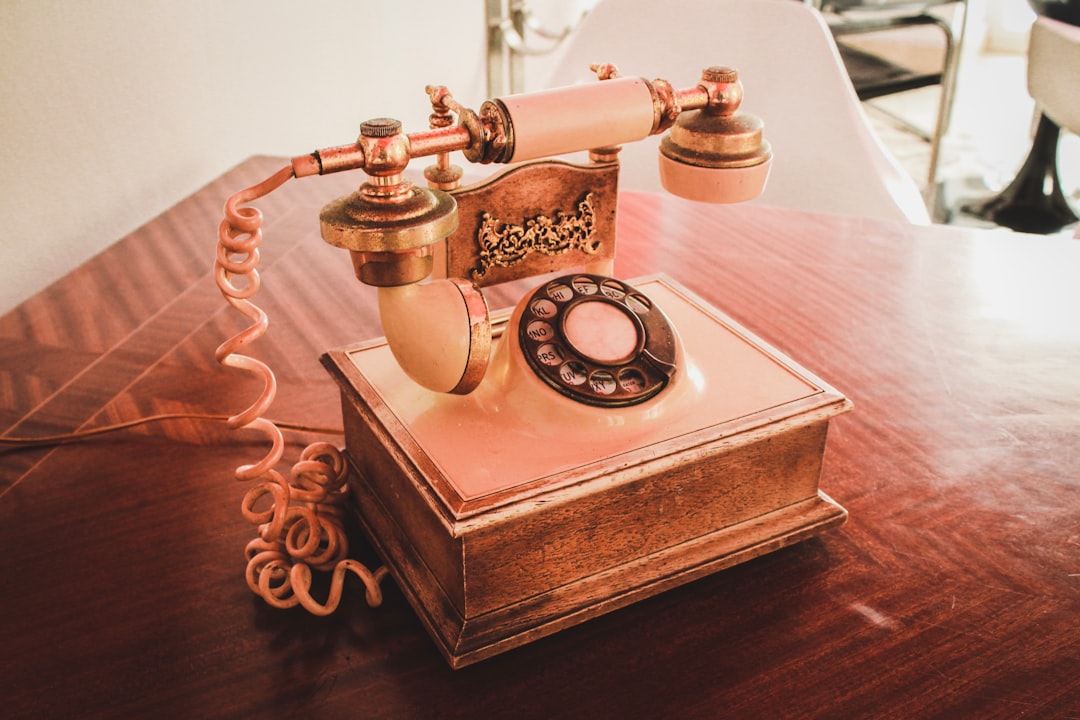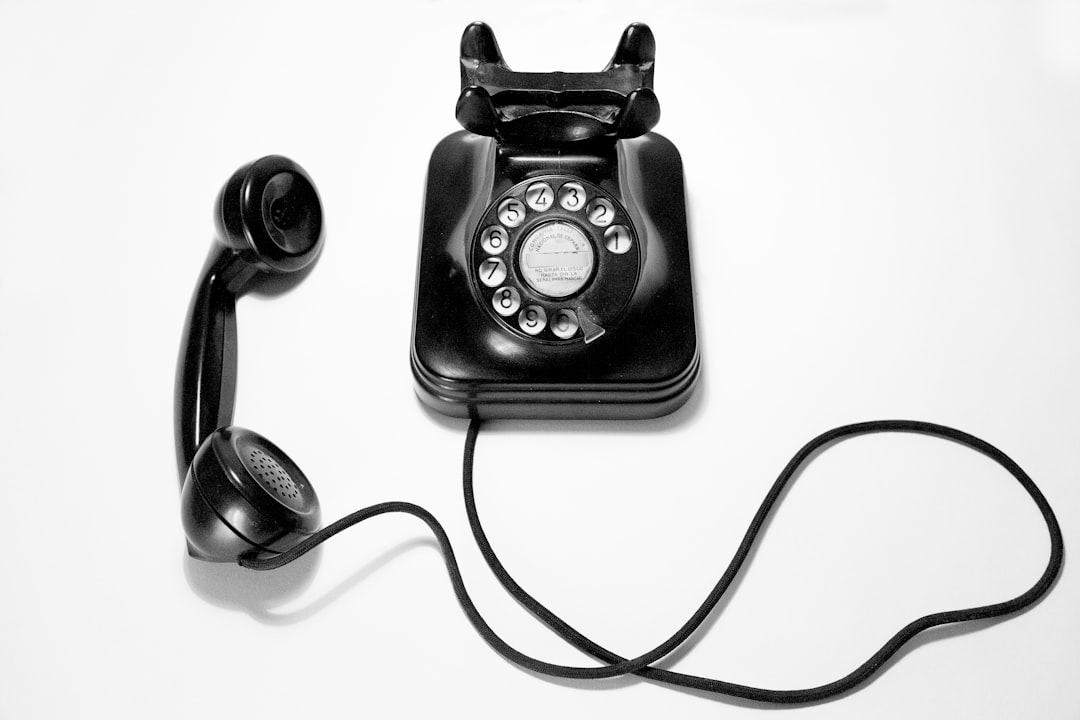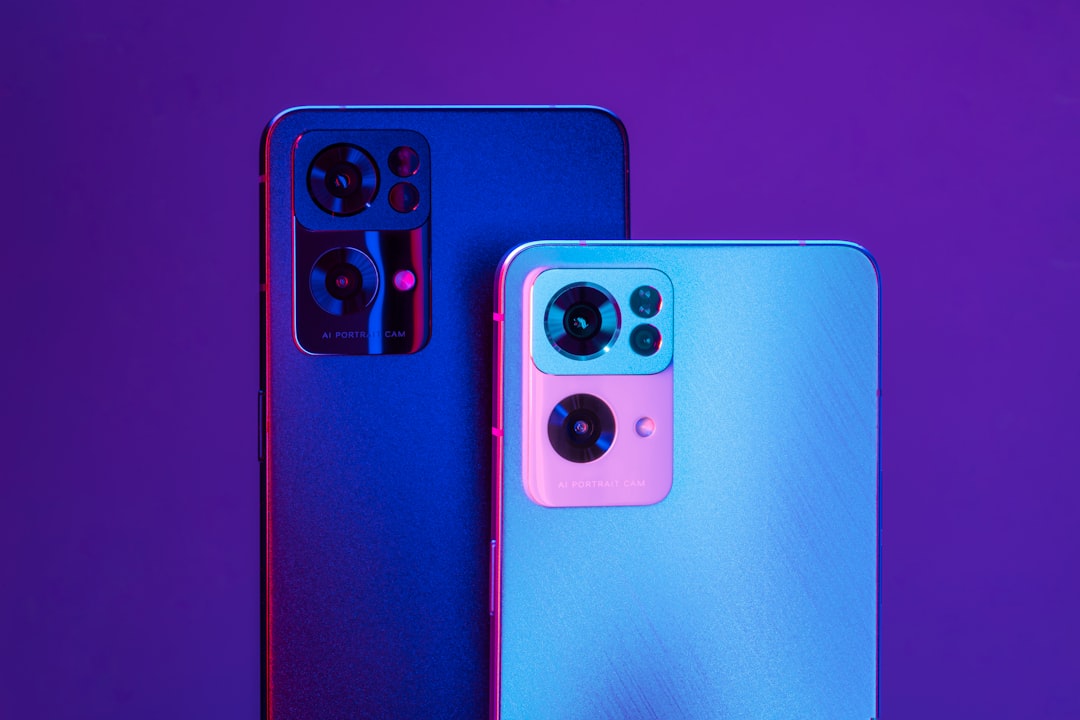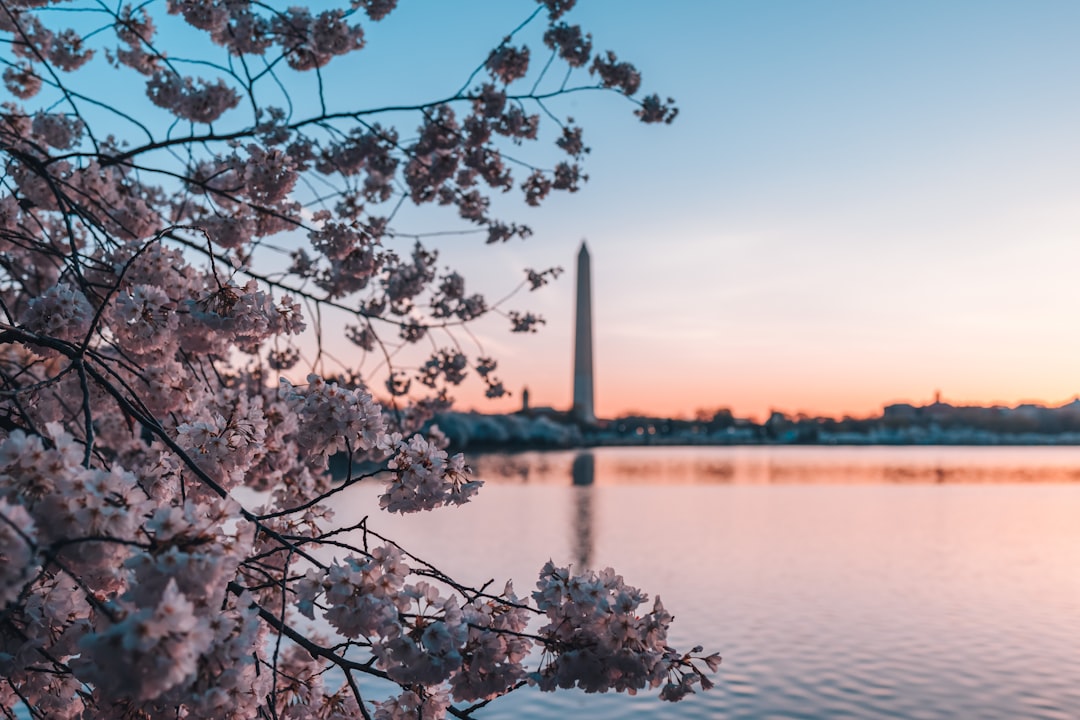Woodley Park residents face an increasing wave of fraudulent calls due to caller ID spoofing, where scammers manipulate identification data to evade DC's strict Do Not Call Laws. With high density and diverse communities, the area has become a hotspot for this deceptive practice. To combat it, residents are encouraged to register on the official Do Not Call list, be cautious about sharing personal info, stay informed about scams, and keep communication software updated. These measures aim to protect against unwanted calls and create a safer environment.
In the digital age, caller ID spoofing—a deceptive practice where a caller’s number is falsified—has emerged as a growing concern in Woodley Park, Washington D.C. This article explores the impact of this phenomenon on residents, delving into how it exploits existing Do Not Call laws and fosters a culture of annoyance, scams, and safety risks. We’ll dissect these issues, offer insights into legal protections like DC’s Do Not Call laws, and provide strategies for community members to mitigate the effects of caller ID spoofing.
Understanding Caller ID Spoofing and Its Prevalence in Woodley Park
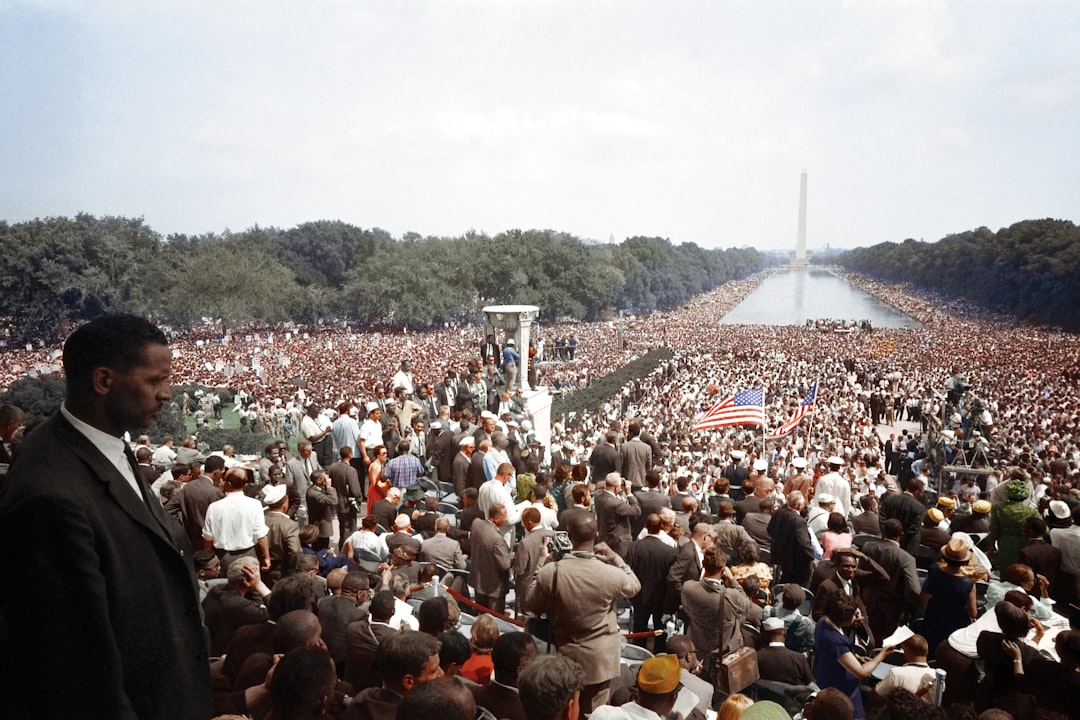
Caller ID spoofing is a concerning trend in Woodley Park, where residents increasingly find themselves targeted by fraudulent calls. This practice involves manipulating caller identification data to display false information, often concealing the actual identity of the caller. In many cases, scammers use sophisticated technology to mimic local area codes or even specific individuals, tricking recipients into answering their calls.
Woodley Park, like many other urban areas, has become a breeding ground for this deception due to its high population density and diverse community. Scammers target residents with various schemes, from phishing attempts posing as government agencies to fraudulent investment opportunities. What makes caller spoofing particularly insidious is its ability to circumvent Do Not Call Laws in DC, allowing unscrupulous individuals to harass victims with impunity.
The Legal Framework: Do Not Call Laws in Washington D.C.
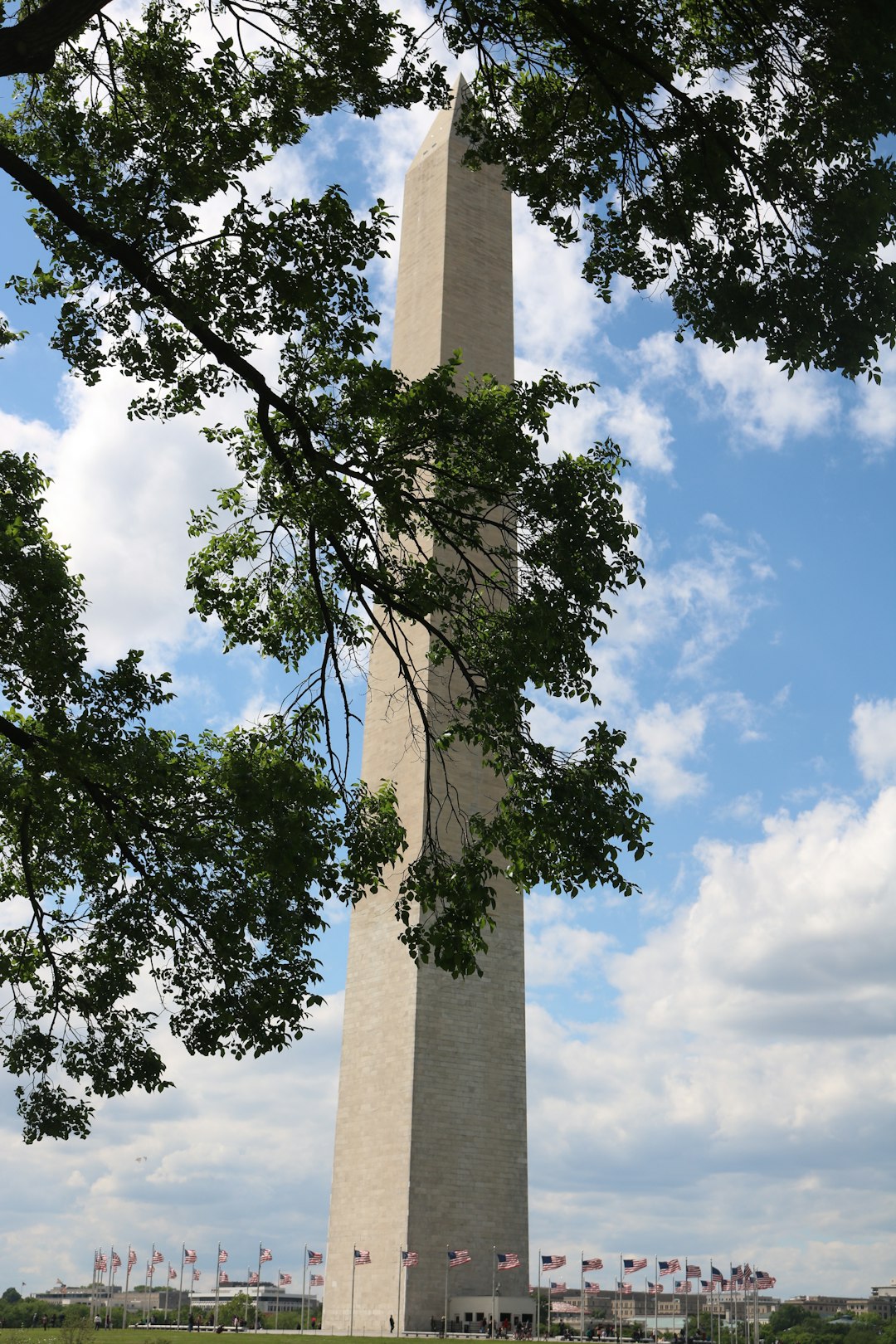
In Washington D.C., caller ID spoofing is a significant concern within the broader context of consumer protection, specifically regarding Do Not Call Laws. These laws are designed to safeguard residents from unwanted phone calls and telemarketing practices. The Federal Trade Commission (FTC) enforces these regulations on a federal level, but individual states, including Washington D.C., have their own specific rules and restrictions.
The Do Not Call Laws in DC prohibit businesses from making telephone solicitations to residential telephone numbers unless the caller has obtained prior explicit consent from the resident. This means that if a resident of Woodley Park has not given permission for their number to be contacted, any spoofed calls claiming to be from legitimate organizations could potentially violate these laws. Penalties for violators can include substantial fines and legal repercussions, emphasizing the importance of understanding and adhering to these regulations to avoid impacting residents’ peace of mind.
Impacts on Residents: A Look at Annoyance, Scams, and Safety Concerns
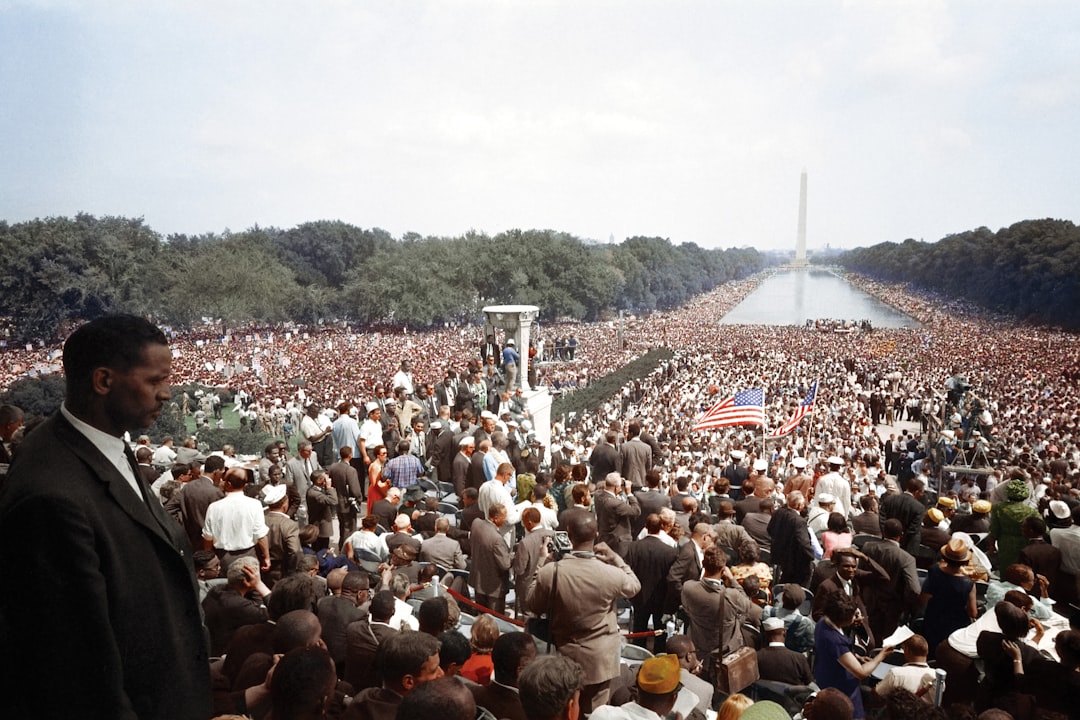
The prevalence of caller ID spoofing in Woodley Park has significantly impacted residents’ daily lives, leading to a mix of frustration and safety concerns. One of the most immediate effects is an increase in unwanted calls, often from telemarketers or scammers attempting to bypass Do Not Call Laws in DC. This constant barrage of suspicious calls can be highly annoying, disrupting peace of mind and potentially leading to increased stress levels among residents.
Moreover, spoofing opens doors for sophisticated scams, where criminals mimic local government agencies or trusted entities. Residents may find themselves targeted by phishing attempts, impersonation schemes, or even threats that seem legitimate due to the caller ID manipulation. Such activities not only compromise personal safety but also erode trust in communication systems and authorities.
Mitigating the Effects: Strategies for Woodley Park Community Members
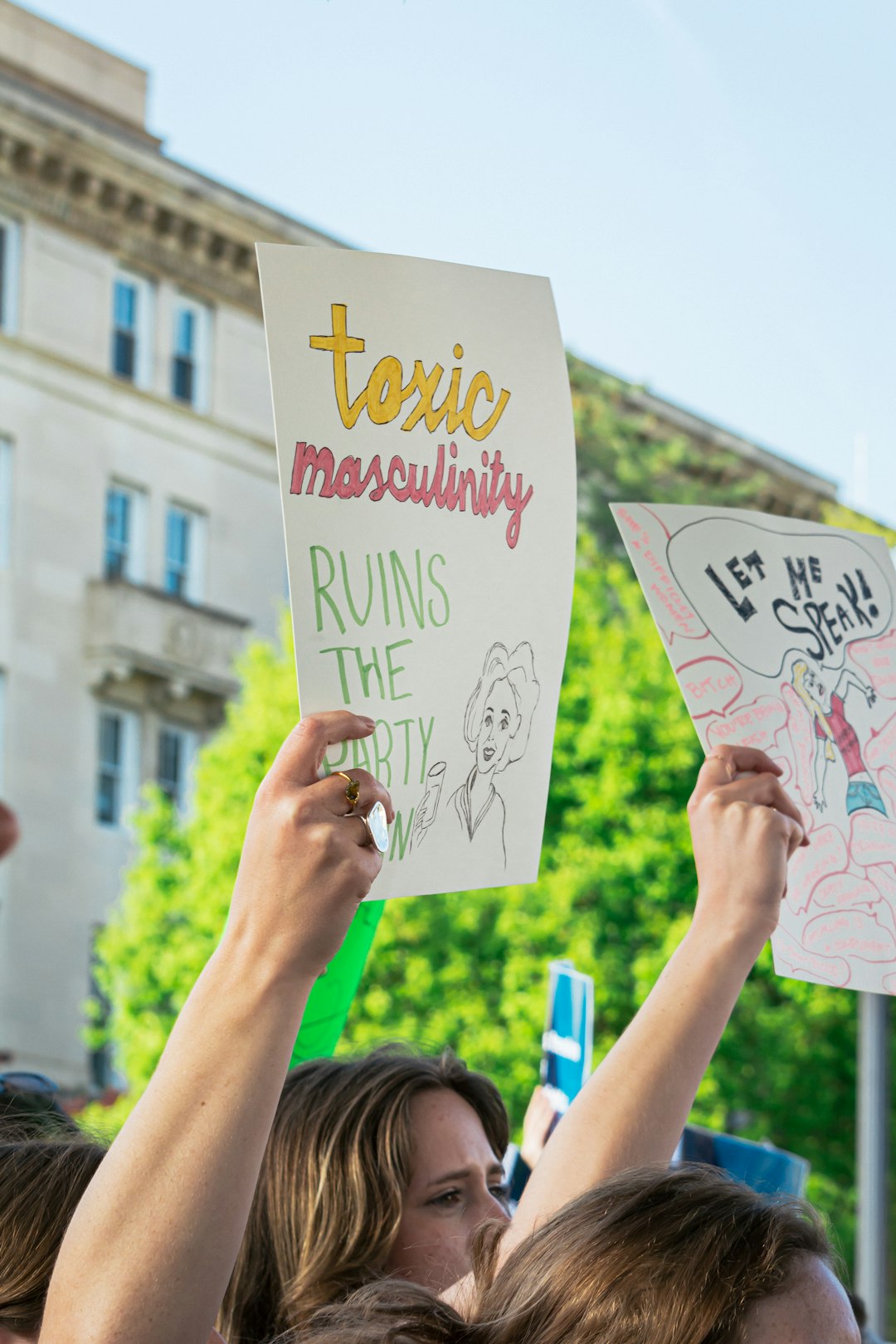
To mitigate the effects of caller ID spoofing, residents of Woodley Park can take several proactive steps. One effective strategy is to familiarize themselves with local Do Not Call Laws in DC, which provide protections against unwanted phone calls and spoofed identities. By registering on the official Do Not Call list, residents can reduce the frequency of scam calls significantly. Additionally, they should be vigilant about sharing personal information over the phone. This includes not revealing sensitive data unless they can verify the caller’s identity independently.
Educating oneself about common scams and phishing tactics is another crucial defense. The Woodley Park community can foster a culture of awareness by attending local workshops or online seminars that teach recognizing and reporting fraudulent activities. Keeping communication software up to date with the latest security patches further secures calls and personal data. These collective efforts will help create a safer environment, reducing the impact of caller ID spoofing.
